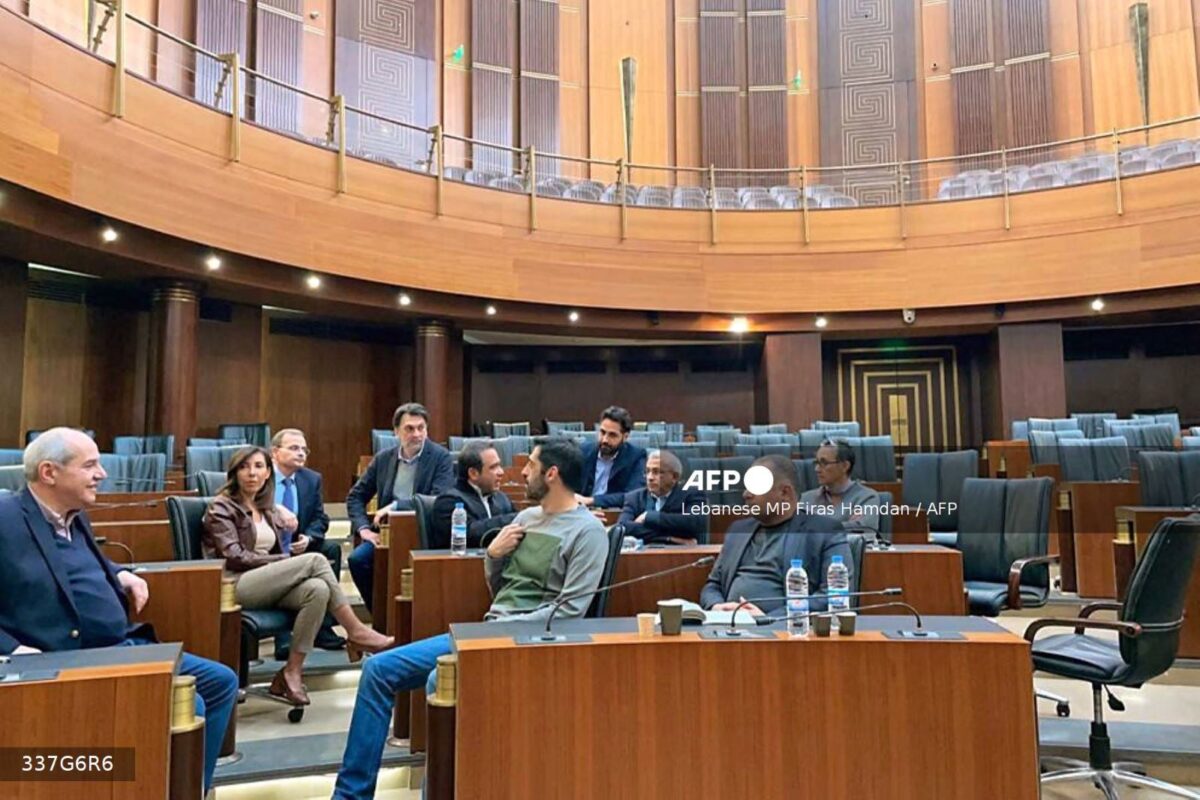
In recent weeks, Kulluna Irada and several reformist MPs have come under heavy fire, accused of foreign funding, elitism, and pushing non-Lebanese agendas. Yet these smears, amplified by political operatives and their aligned media arms, seem to be less about patriotism or sovereignty and more about power. They seem to be about protecting what remains of Lebanon’s financial-political oligarchy and preventing any attempt to hold it accountable.
Lebanon’s banking sector and its enablers helped orchestrate one of the most catastrophic financial collapses in modern history. Billions in depositor funds vanished. A corrupt system of state financing fueled by reckless lending, enabled by the central bank, and guarded by a cartel of politicians and financiers remains intact. No major political figure or banker aside from Riad Salameh has been prosecuted. No real accountability has been delivered. The victims are the people; the protected are the perpetrators.
Few reformist MPs trying to push for genuine structural reform, capital control laws with enforcement, forensic audits, financial disclosures, and a restructuring plan that shares losses fairly. For that, they were vilified. Because if they succeed, the system many still feed from starts to fall apart.
But we must widen the lens. This isn’t just a tug-of-war between reformists and the banking-political elite. It’s a snapshot of Lebanon’s deeper dysfunction: a state captured by intersecting forces, where the militia protects the mafia, and the mafia secures the impunity of the militia.
For years, Hezbollah cast itself as an outsider to the corrupt state, resisting Israel while claiming distance from domestic rot. But in reality, it formed strategic alliances with the very establishment it now disowns. From protecting Gebran Bassil’s rise, to backing budgets that favored bank secrecy and tax amnesties, to securing cover for Riad Salameh’s long reign at the Central Bank, Hezbollah was not just present, it was complicit.
This alliance was transactional. In exchange for political cover, the financial and political elite gave Hezbollah freedom of movement, silence on weapons, and international lobbying when needed. It was a marriage of convenience that allowed the militia to flourish under the state’s umbrella and the mafia to operate under the militia’s protection.
Today, that pact is fraying. The same elite that once shook hands with Hezbollah now feels the pressure of an economic chokehold, and sees an opportunity. Some are sharpening their knives, eager to shift the blame for Lebanon’s collapse solely onto Hezbollah’s presence, isolationism, and perceived obstruction of international support. In doing so, they hope to erase their own role in the financial crime of the century.
No doubt, Hezbollah’s hold on the country must be debated. But we must not allow the conversation to be hijacked by those who looted the country in tandem. Reform does not mean amnesia. Accountability must reach everyone, those who stole the nation’s savings, and those who enabled the political paralysis, the collapse, and the cover-up.
So yes, let’s have the hard conversations about weapons, sovereignty, and the future of the state. But let’s also remember who protected who, who voted for what, who benefited from silence, and who is now weaponizing selective outrage. Because the real fight is not just over Kulluna Irada. It’s over truth, over transparency, and over Lebanon’s right to finally have a memory.
Ramzi Abou Ismail is a Political Psychologist and Senior Research Fellow at the Institute for Social Justice and Conflict Resolution at the Lebanese American University.
The views in this story reflect those of the author alone and do not necessarily reflect the beliefs of NOW








